The Canisius College Mentor Resource Lab is looking for faculty and staff volunteers to become mentors in community centers within the city of Buffalo, working with kids to explore scientific phenomena by experimentation. No prior training or materials are necessary and the MRL will provide everything.
To volunteer, stop by Horan O’Donnell Room 015 (the Mentor Research Lab) to speak with the lab manager, Sara Rund. Or, Email mjsciencefhl@gmail.com or runds@canisius.edu to learn more. The Mentor Research Lab is open Monday and Wednesday from 1 – 3 p.m. and Friday from Noon – 3 p.m.. The MRL Liaison faculty board includes Robert Selkowitz, PhD, assistant professor, physics; Jill Zarazinski, PhD, assistant professor, education; and Ann Wright, PhD, professor, biology.
The Mentor Resource Lab (MRL) provides training and support for students engaged as mentors in informal science education settings, with a focus on Science Firsthand programs. Science Firsthand: Partners in Discovery, provides service learning opportunities by training mentors in inquiry-science and engaging them in after-school programs at community-based organizations. Science First Hand coordinators are Bill Rogers and Melissa Gomez.
From a general pedagogical point of view, mentoring should allow full use of modeling, instruction, provision of learning opportunities, and promote meaningful learning processes through individualization, feedback and practice. “Mentoring is defined as a developmental relationship that involves organizational members of unequal status or, less frequently, peers” (Bozionelos, 2004, p. 25) and “mentoring entails informal communication, usually face-to-face and during a sustained period of time, between a person who is perceived to have greater relevant knowledge, wisdom, or experience (the mentor) and a person who is perceived to have less (the protégé)” (Bozeman & Feeney, 2007, p. 731).
The center shall actively support education research related to its activities, allowing faculty to be productive while supporting the center. These research activities will focus on determining effective mentoring practices based upon empirical evidence. The findings can be presented at conferences, in publications, or as part of workshops.
For its secondary function, the MRL shall seek to create curricular connections between itself and the campus community. In particular, the MRL will provide assistance, support, and placement, as possible, for service learning, pre-service teaching observation, core capstone courses, and any other curricular activity which is relevant to the primary function of mentor training.
Submitted by: Ann W. Wright, PhD, professor, biology
